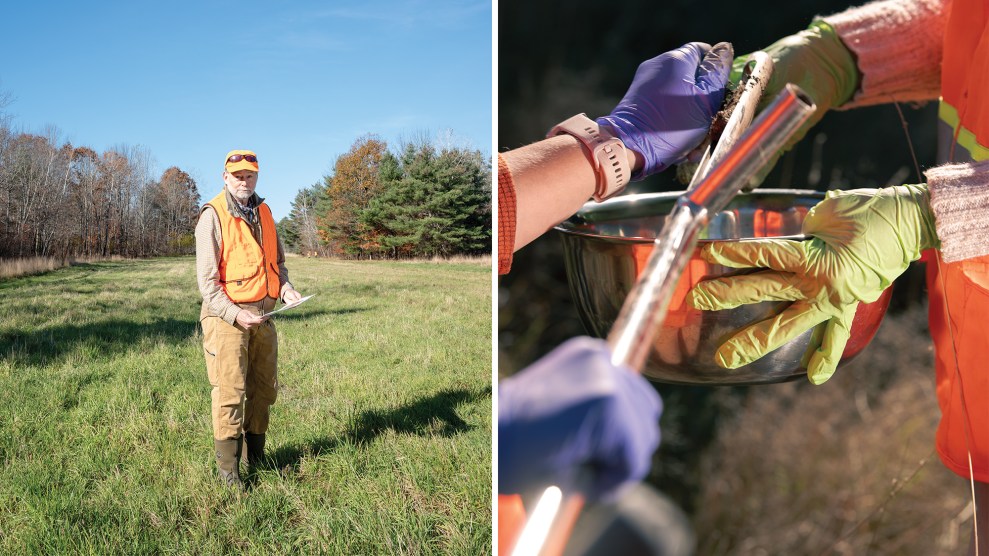Here’s a tasty indicator of the country’s economic health: Are you buying spinach in a bunch or in a bag?
Last year, the USDA’s research wing looked at how spending habits at the grocery store changed from 2004 to 2009, and noticed some predictable patterns during the recession. Shoppers ditched name-brand, designer-label products for store-brand knockoffs (think Kellogg’s Lucky Charms vs. Ralph’s Magic Stars) to the record-breaking tune of 810 new off-label products appearing on the shelves in 2009—7 times more than in 2001—with sales outpacing those of name-brand products. Warehouse clubs and supercenters, like Sam’s Club and Aldi, jumped 2 percent in total share of food sales during the recession, while traditional stores continued a long-term decline. Overall, food spending declined 5% between 2006 and 2009 (inflation adjusted), according to the USDA.
You might guess that shoppers also cut back on healthy, fresh foods in favor of cheaper packaged items, but the USDA looked closely at one nutritious item—leafy greens—and noticed an interesting consumer trend.
Whenever personal household incomes dropped by 1 percent from 2004 through 2009, the sales share of bagged leafy greens—the convenient pre-packed stuff that’s washed, chopped, and dried for you—immediately dropped by 1 percent. But the overall sales of fresh spinach, lettuce, and and other leafy greens stayed flat during the recession, because each 1 percent decline in household income also saw a nearly immediate 1 percent jump in the sales share of loose, bunched greens, the kind you weigh and buy in bulk.
The USDA researchers were surprised to see how closely and quickly changes in the national economy impacted the way shoppers adjusted their spinach-shopping habits, and they re-ran the study after making sure they were measuring the edible portions of bagged greens and bulk greens equally, getting the same results. Shoppers were willing to forgo the convenience and time savings of pre-packed as times got tougher, but they wanted to keep the same amount of leafy greens in their diet. They did it by reaching for the colander and the cutting board instead of the plastic-wrapped stuff. The cost savings are enormous, after all: on average, convenience greens cost 300 percent more than the old-fashioned kind.
So with an economic rebound, can we expect bagged salad mix to make a triumphant comeback, or do new habits learned in hard times tend to stick? It’s too soon too tell, but here’s a point of reference: in the mid-1970s recession—a two-year downturn with high unemployment and spikes in world food prices—overall food spending dipped, but by 1976 shoppers were back to spending at pre-1973 levels. Let us know in the comments how your food-spending habits have changed in the downturn, and which you’d like to hold on to for the long run.
Follow Kiera Butler’s weeklong experiment to reduce her food budget here.
















